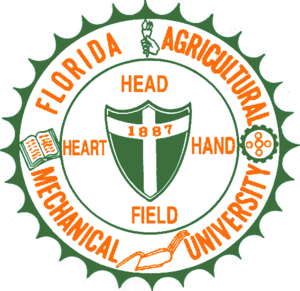
FAMU Receives Federal Land for Research and Development
By LaDarius Calhoun
Outlook Writer
Florida A&M University will receive 3,800 acres of federal property this fall that will be used by the College of Agriculture and Food Sciences (CAFS) for research and development.
This transfer will be one of the single largest to a Historically Black College or University in history, said FAMU President Elmira Mangum as she testified to Congress earlier this month.
Former FAMU interim President Larry Robinson along with U.S. Secretary of Agriculture Tom Vislack signed the agreement to transfer the acres of land, which is located in Brooksville, Fla.
“He (Dr. Taylor) and his team have been working hard on this effort dating back to 2013,” said Robinson.
Robinson credited Robert Taylor, FAMU’s dean of the College of Agriculture and Food Sciences (CAFS) for bringing the idea to the trustee board. The land used to be a beef cattle research station that closed in Hernando County in 2011.
Robinson, who previously served as senior scientific advisor at the U.S. Department of Agriculture’s Cooperative State Research, Education and Extension Service, said he knew the transfer meant well for FAMUs land-grant mission.
“It was easy to see that FAMU’s proposed uses of the property were consistent with our land-grant mission and could be beneficial to USDA, state and local constituents,” said Robinson.
Robinson added that he is extremely pleased to hear about the recent positive developments in this effort.
The federal deal became official March 1, 2014.
FAMU is expected to officially receive the land transfer by September 30, 2015.
In her testimony before Congress, Mangum said that FAMU’s research capacity would receive great enhancements with the transfer of the land.
“The transfer will enable FAMU to develop educational training and developmental programs for new and beginning farmers and ranchers, and to teach them the latest biotechnological innovations and other key initiatives,” she said earlier this month.
Acquisition of the land will enable the university to expand its organic farming research efforts. Plus, FAMU’s trustees expect the land value to increase significantly after 25 years and provide a potential source of revenue and equity for future growth and development for the university.








